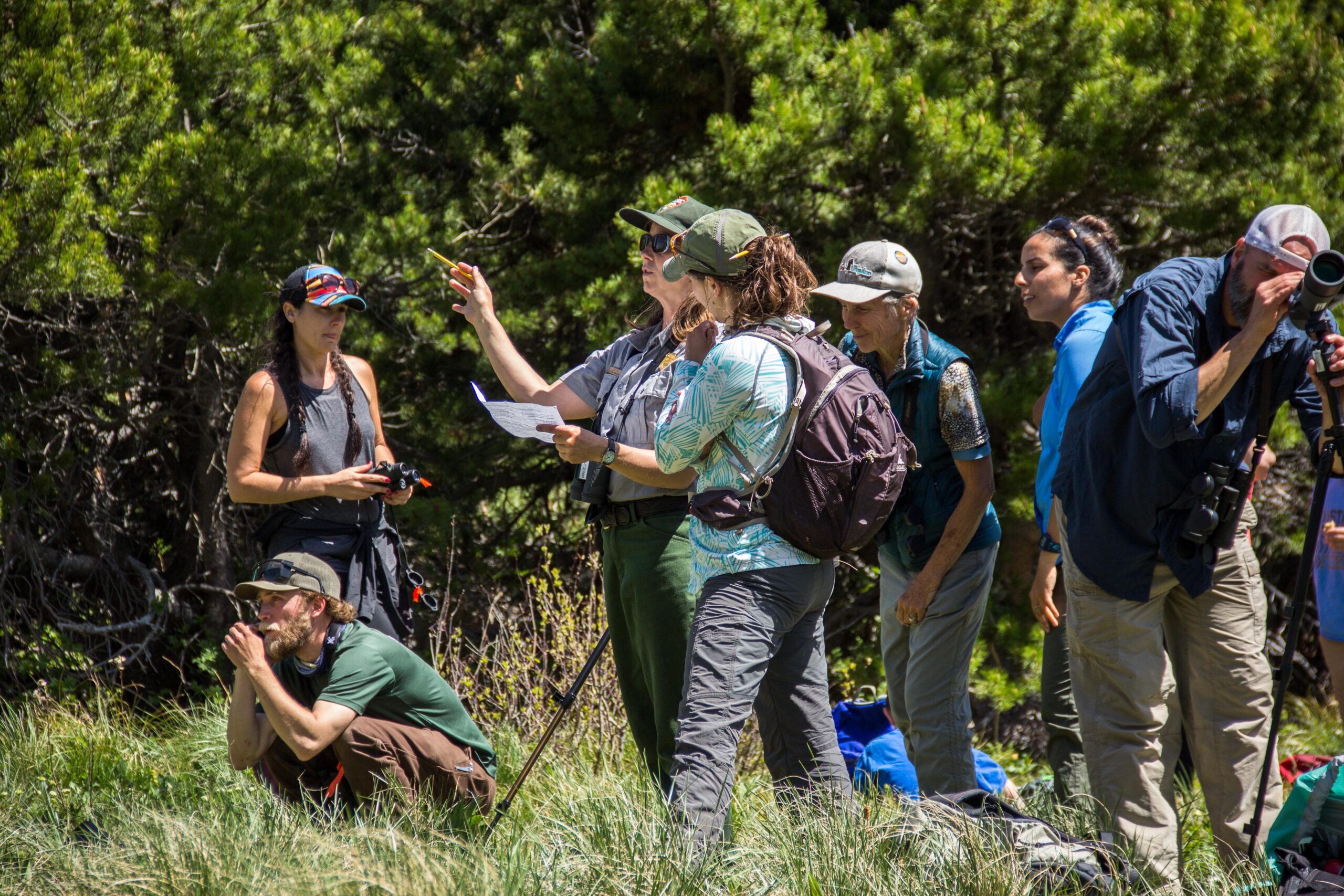For centuries, scientific progress has been driven by the dedication of professional researchers. However, a new wave of participation is emerging – citizen science. This article explores the rise of citizen science projects, analyzing their value for scientific research, educational benefits, and the potential for fostering a more engaged citizenry.
From Armchair Experts to Active Participants: The Rise of Citizen Science
Citizen science projects engage the public in scientific research activities. These projects can involve data collection, observation, analysis, or even hypothesis testing. With the power of the internet and the development of user-friendly tools, citizen science has become more accessible and widespread than ever before.
The Power of the Crowd: Amplifying Research Efforts
Citizen science offers tremendous benefits to scientific research. The sheer number of volunteers can significantly expand the scope and scale of research projects. For instance, citizen science projects can help researchers collect vast amounts of data on environmental issues, wildlife populations, or even the spread of diseases. This data can be invaluable in informing conservation efforts, disease control strategies, and a wide range of scientific inquiries.
Beyond Data Collection: Citizen Science Fosters Discovery
Citizen science isn’t just about data collection. Many projects involve citizen volunteers in more advanced tasks, such as image analysis, pattern recognition, and even hypothesis testing. This distributed approach to research can lead to unexpected discoveries and innovative solutions to complex problems. Furthermore, it fosters a sense of ownership and engagement amongst participants, potentially leading to new research questions and areas of exploration.
Learning by Doing: The Educational Value of Citizen Science
Citizen science projects offer valuable educational experiences for participants of all ages. These projects allow individuals to learn about scientific methods, data analysis techniques, and the nature of scientific inquiry in a hands-on and engaging way. Additionally, citizen science can spark curiosity and ignite a passion for science, particularly among young people.
Engaging the Public with Science: Building a More Informed Society
Citizen science can be a powerful tool for promoting public engagement with science. By actively participating in research, individuals gain a deeper understanding of the scientific process and the importance of scientific inquiry. This can help combat misinformation and foster a more informed and science-literate citizenry.
Challenges and Considerations: Ensuring the Quality of Citizen Science Data
Despite its advantages, citizen science projects face certain challenges. One concern is the quality and accuracy of data collected by volunteers. Project design needs to ensure clear instructions and quality control measures to maintain reliable data. Furthermore, ethical considerations related to data privacy and participant safety need to be addressed.
Building Bridges: Collaboration Between Scientists and the Public
The success of citizen science projects hinges on effective collaboration between scientists and the public. Scientists need to create clear and engaging projects with well-defined objectives. Open communication channels ensure participants feel valued and their contributions are recognized.
The Future of Citizen Science: Democratizing Research and Inspiring Discovery
Citizen science shows immense promise for democratizing scientific research and fostering public engagement with science. As technology continues to evolve and online platforms become more sophisticated, citizen science projects are likely to become even more widespread and impactful. This collaborative approach can pave the way for exciting scientific discoveries, promote scientific literacy, and inspire a new generation of citizen scientists.
